Uninor, the Indian unit of Norway’s Telenor ASA, the world’s fifth largest telecom firm, believes dynamic pricing of calls like the one it has started in India could find acceptance by rival telecom firms.
Uninor, the Indian unit of Norway’s Telenor ASA, the world’s fifth largest telecom firm, believes dynamic pricing of calls like the one it has started in India could find acceptance by rival telecom firms.
In the dynamic pricing scheme, a subscriber gets varying discounts on calls made. Besides, the caller also gets to see the discount on a call at a given point in time. Uninor’s discount on calls ranges between 5% and 60% based on the traffic handled by a base transceiver station (BTS), which routes the call.
On a 60% discount call, the caller pays 20 paise for a one-minute call.
“Dynamic pricing has helped us stand out in the market. This is going to be adopted like some of the earlier plans such as one-paisa-per-second and others. The one-paisa-per-second approach may not be the right scheme for a customer always. Moreover with dynamic pricing we get to utilise our BTS most optimally,” Stein-Erik Vellan, MD, Uninor told DNA Money before the launch of its GSM mobile services in five circles — Mumbai, Maharashtra and Goa, Gujarat, Kolkata and West Bengal.
“So when a BTS is handling more subscribers the discount will be less and when a BTS has less subscribers the discount will be more. This approach allows us to handle 50% more traffic per BTS, helping us delay the congestion of network,” he said.
Uninor has stayed away from bidding for 3G spectrum as it feels 3G does not make sense as the firm can offer similar services in the 2.5G GSM network since it has deployed enhanced EDGE network.
“As you know 90% of the traffic is for voice and this is going to continue for years. And we can offer all that is being said for 3G in our network as it is an advanced one,” said Vellan.
With the expansion, Uninor is now present in 13 of India’s 22 telecom zones.
The firm did not disclose investment on the launch of its services in those five circles. “It is a substantial number given that we have set up over 21,000 BTSes already,” said Vellan. The firm expects to increase the number of BTS to 40,000.
Stating that the firm will not get into a price war that may bleed the business, Vellan said, “We will adopt only those measures that make business sense and help us attain our objective of being Ebidta-positive in 3 years, operating cash positive in 5 years in India. Besides we aim a market share of 8% by 2018.”
![submenu-img]() Anil Kapoor, Aditya Roy Kapur's The Night Manager becomes only entry from India to secure nomination at Emmy Awards 2024
Anil Kapoor, Aditya Roy Kapur's The Night Manager becomes only entry from India to secure nomination at Emmy Awards 2024![submenu-img]() Land-for-jobs case: President Murmu authorises prosecution of Lalu Prasad Yadav, CBI submits...
Land-for-jobs case: President Murmu authorises prosecution of Lalu Prasad Yadav, CBI submits...![submenu-img]() This billionaire, once world’s richest man, witnesses drop in wealth due to...; not Mukesh Ambani, Adani
This billionaire, once world’s richest man, witnesses drop in wealth due to...; not Mukesh Ambani, Adani![submenu-img]() Ranbir Kapoor's sister, Riddhima's 'maybe it's a house help' remark leaves netizens furious: 'Uneducated rich brats'
Ranbir Kapoor's sister, Riddhima's 'maybe it's a house help' remark leaves netizens furious: 'Uneducated rich brats'![submenu-img]() Mumbai man orders iPhone 16 online after standing in queue for hours, then..
Mumbai man orders iPhone 16 online after standing in queue for hours, then..![submenu-img]() 'असंवैधानिक है सरकारी फैक्ट चेक यूनिट' कॉमेडियन Kunal Kamra केस में Bombay High Court का मोदी सरकार को झटका
'असंवैधानिक है सरकारी फैक्ट चेक यूनिट' कॉमेडियन Kunal Kamra केस में Bombay High Court का मोदी सरकार को झटका![submenu-img]() J-K Assembly Elections 2024: राज्य नहीं अब है केंद्र शासित प्रदेश, क्या 370 की वापसी कर सकती है जम्मू-कश्मीर विधानसभा? जानें उसके अधिकार
J-K Assembly Elections 2024: राज्य नहीं अब है केंद्र शासित प्रदेश, क्या 370 की वापसी कर सकती है जम्मू-कश्मीर विधानसभा? जानें उसके अधिकार![submenu-img]() तिरुपति बालाजी मंदिर के भोग का क्यों है इतना महत्व? सबसे पहले किसने लगाया था लड्डुओं को प्रसाद
तिरुपति बालाजी मंदिर के भोग का क्यों है इतना महत्व? सबसे पहले किसने लगाया था लड्डुओं को प्रसाद![submenu-img]() Jammu and Kashmir BSF Bus Accident: हंसते-गाते जा रहे थे BSF के जवान, बडगाम में गहरी खाई में गिरी बस, 4 शहीद और 28 घायल
Jammu and Kashmir BSF Bus Accident: हंसते-गाते जा रहे थे BSF के जवान, बडगाम में गहरी खाई में गिरी बस, 4 शहीद और 28 घायल![submenu-img]() 'क्यों खत्म की हड़ताल' जूनियर डॉक्टरों ने दी जानकारी, पूर्व प्रिंसिपल संदीप घोष का नार्को टेस्ट कराने कोर्ट पहुंची CBI
'क्यों खत्म की हड़ताल' जूनियर डॉक्टरों ने दी जानकारी, पूर्व प्रिंसिपल संदीप घोष का नार्को टेस्ट कराने कोर्ट पहुंची CBI![submenu-img]() Ford to return to India after 2 years with reopening of....
Ford to return to India after 2 years with reopening of....![submenu-img]() Maruti Suzuki launches new Swift CNG, check price, mileage, other features
Maruti Suzuki launches new Swift CNG, check price, mileage, other features![submenu-img]() ‘30 LPA, 3BHK, no in-laws’: Woman earning Rs 1.32 lakh salary lists demands for future husband, netizens say...
‘30 LPA, 3BHK, no in-laws’: Woman earning Rs 1.32 lakh salary lists demands for future husband, netizens say...![submenu-img]() In a big EV push, Centre launches Rs 10900 crore PM E-Drive scheme to replace…
In a big EV push, Centre launches Rs 10900 crore PM E-Drive scheme to replace…![submenu-img]() World’s longest car has helipad, swimming pool, mini-golf course, can seat over…; it cost…
World’s longest car has helipad, swimming pool, mini-golf course, can seat over…; it cost…![submenu-img]() Meet man who passed JEE Advanced with AIR 1, completed B.Tech from IIT Bombay, is now pursuing…
Meet man who passed JEE Advanced with AIR 1, completed B.Tech from IIT Bombay, is now pursuing…![submenu-img]() Meet man, whose father's death encouraged him to quit IAS job, create multi-crore company, he is...
Meet man, whose father's death encouraged him to quit IAS job, create multi-crore company, he is...![submenu-img]() Meet woman, who scored 97% in class 12, secured 705 out of 720 marks in NEET exam, her AIR is...
Meet woman, who scored 97% in class 12, secured 705 out of 720 marks in NEET exam, her AIR is...![submenu-img]() NEET UG Counselling 2024: Round 2 seat allotment result declared at mcc.nic.in, check direct link here
NEET UG Counselling 2024: Round 2 seat allotment result declared at mcc.nic.in, check direct link here![submenu-img]() Meet IPS officer who has resigned after serving for 18 yrs due to...
Meet IPS officer who has resigned after serving for 18 yrs due to...![submenu-img]() Congress President Kharge Slams & Opposes 'One Nation, One Election' Proposal, Calls It Impractical
Congress President Kharge Slams & Opposes 'One Nation, One Election' Proposal, Calls It Impractical![submenu-img]() Why 'One Nation One Election' Is important? Ashwini Vaishnaw Explains After It Gets Cabinet Approval
Why 'One Nation One Election' Is important? Ashwini Vaishnaw Explains After It Gets Cabinet Approval![submenu-img]() Jammu Kashmir Assembly Election 2024 Phase 1 Highlights: What Happened In First phase In J&K Polls?
Jammu Kashmir Assembly Election 2024 Phase 1 Highlights: What Happened In First phase In J&K Polls?![submenu-img]() One Nation One Election: Centre Clears Proposal, Bill To Be Introduced In Winter Session | Modi 3.0
One Nation One Election: Centre Clears Proposal, Bill To Be Introduced In Winter Session | Modi 3.0![submenu-img]() Haryana Elections 2024: Is BJP Set To Lose In Haryana? Anti-Incumbency And Other Factors Analysed
Haryana Elections 2024: Is BJP Set To Lose In Haryana? Anti-Incumbency And Other Factors Analysed![submenu-img]() This billionaire, once world’s richest man, witnesses drop in wealth due to...; not Mukesh Ambani, Adani
This billionaire, once world’s richest man, witnesses drop in wealth due to...; not Mukesh Ambani, Adani![submenu-img]() Meet man who started as intern at Nike, is now its CEO after 32 years, his salary is Rs...
Meet man who started as intern at Nike, is now its CEO after 32 years, his salary is Rs...![submenu-img]() Meet man who received gift worth Rs 15000000000 from Mukesh Ambani, is referred to as his 'right hand', he is...
Meet man who received gift worth Rs 15000000000 from Mukesh Ambani, is referred to as his 'right hand', he is...![submenu-img]() Elon Musk, Oracle CEO once begged this company to take their money, know what had happened
Elon Musk, Oracle CEO once begged this company to take their money, know what had happened![submenu-img]() 'Office was filled with…': Ashneer Grover on why he left EY in one day despite having package of Rs…
'Office was filled with…': Ashneer Grover on why he left EY in one day despite having package of Rs…![submenu-img]() Luxurious homes to swanky cars: Most expensive things owned by Virat Kohli
Luxurious homes to swanky cars: Most expensive things owned by Virat Kohli![submenu-img]() Akshay Kumar's biggest flop film was remake of a Malayalam blockbuster, still broke Guinness World Record set by...
Akshay Kumar's biggest flop film was remake of a Malayalam blockbuster, still broke Guinness World Record set by...![submenu-img]() Exploring Uttarakhand: 6 breathtaking destinations in scenic state
Exploring Uttarakhand: 6 breathtaking destinations in scenic state![submenu-img]() From Puga Valley to Hanle: Must-visit places in Ladakh
From Puga Valley to Hanle: Must-visit places in Ladakh![submenu-img]() Meet Himachal officer who has been transferred without posting, as popular as IAS Tina Dabi on social media, she is...
Meet Himachal officer who has been transferred without posting, as popular as IAS Tina Dabi on social media, she is...![submenu-img]() Land-for-jobs case: President Murmu authorises prosecution of Lalu Prasad Yadav, CBI submits...
Land-for-jobs case: President Murmu authorises prosecution of Lalu Prasad Yadav, CBI submits...![submenu-img]() Tirupati Laddoo Row: Jagan Reddy says he will write to PM Modi, CJI to take action against...
Tirupati Laddoo Row: Jagan Reddy says he will write to PM Modi, CJI to take action against...![submenu-img]() AAP demands government accommodation for outgoing Delhi CM Arvind Kejriwal, says he is...
AAP demands government accommodation for outgoing Delhi CM Arvind Kejriwal, says he is...![submenu-img]() 'Samples highly adulterated, we will...': Tirupati Temple Trust issues first statement on laddoo row
'Samples highly adulterated, we will...': Tirupati Temple Trust issues first statement on laddoo row![submenu-img]() NEET UG 2024: CBI files second-chargesheet against six accused in paper leak case
NEET UG 2024: CBI files second-chargesheet against six accused in paper leak case

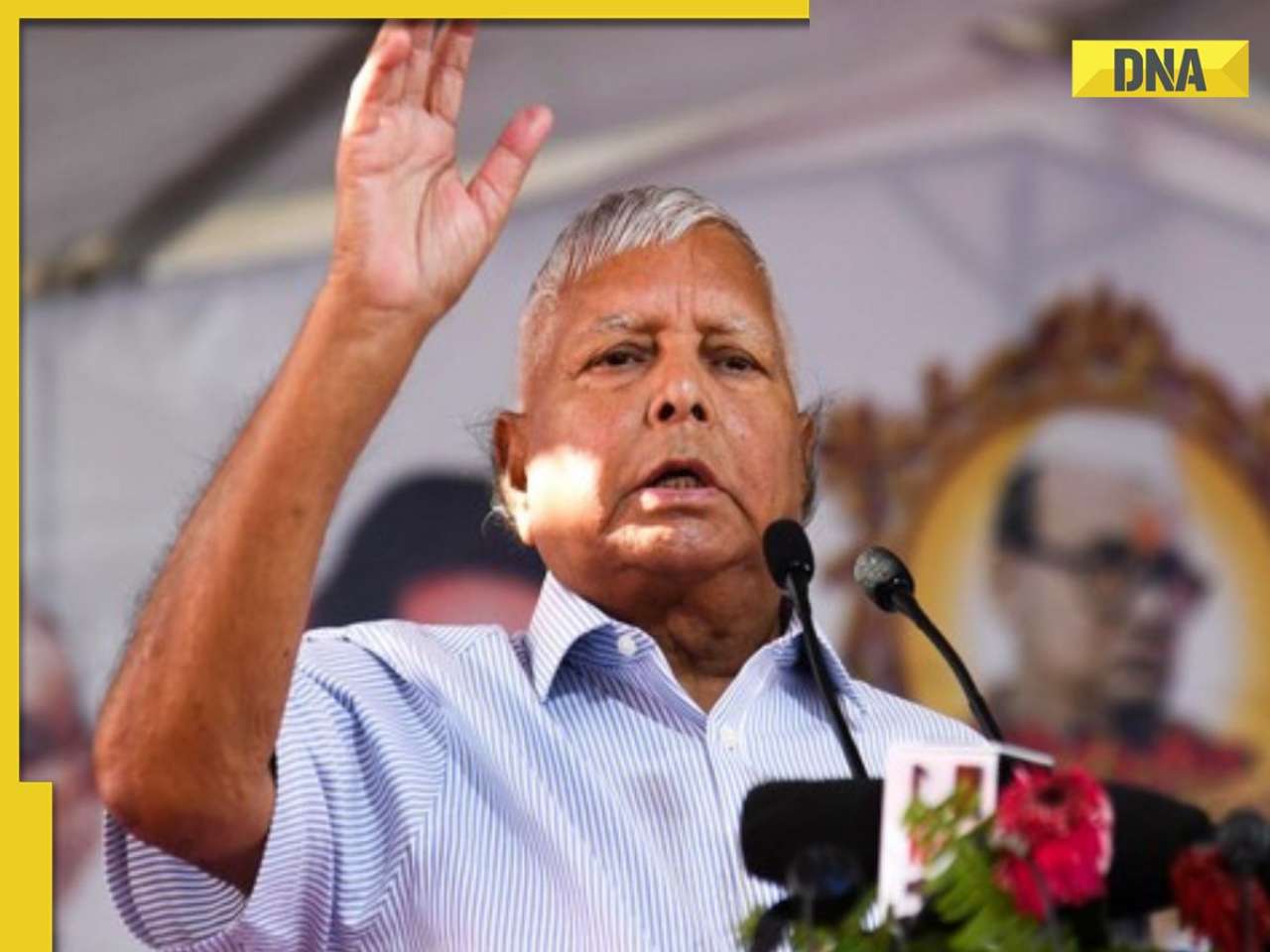
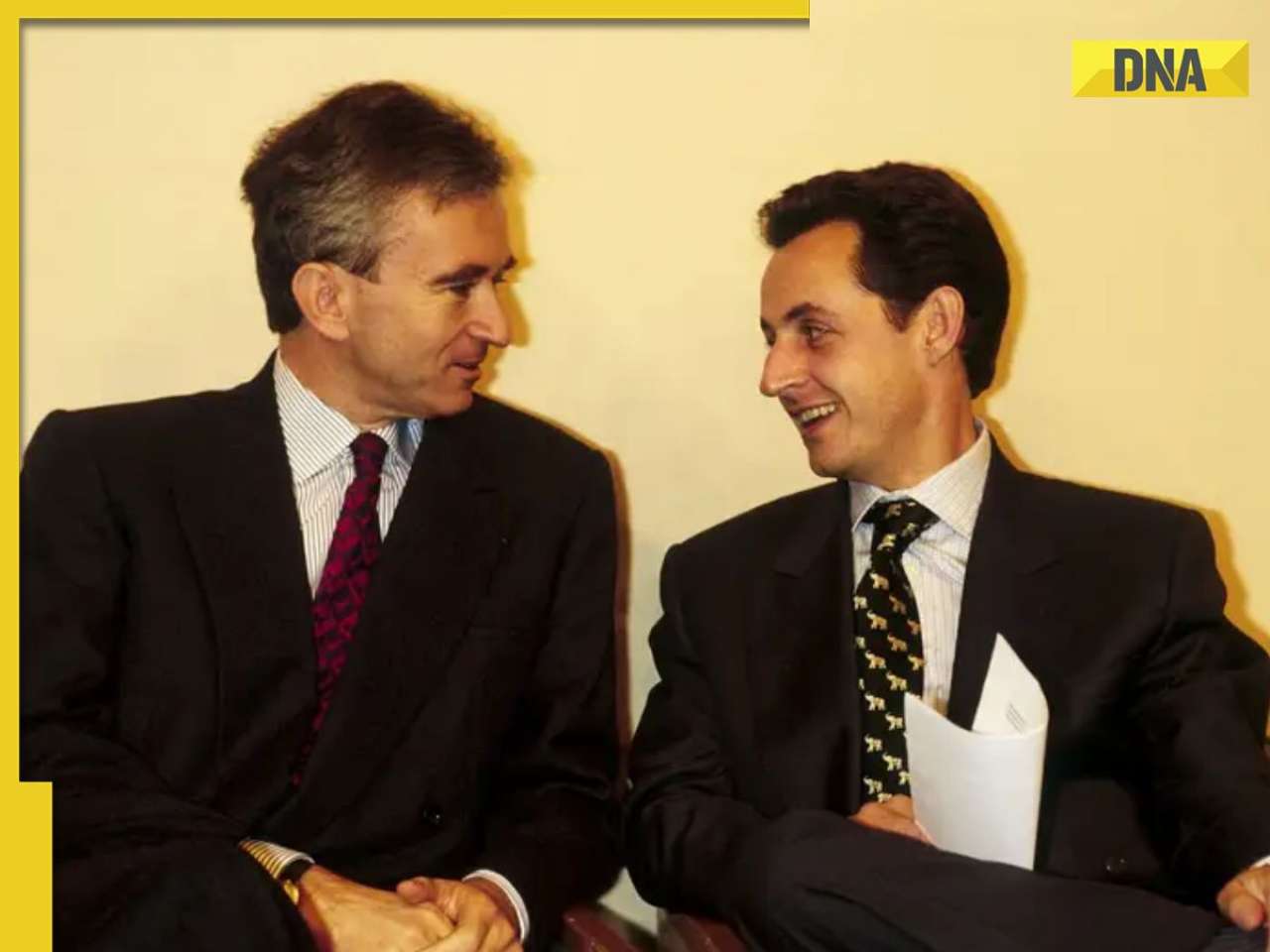







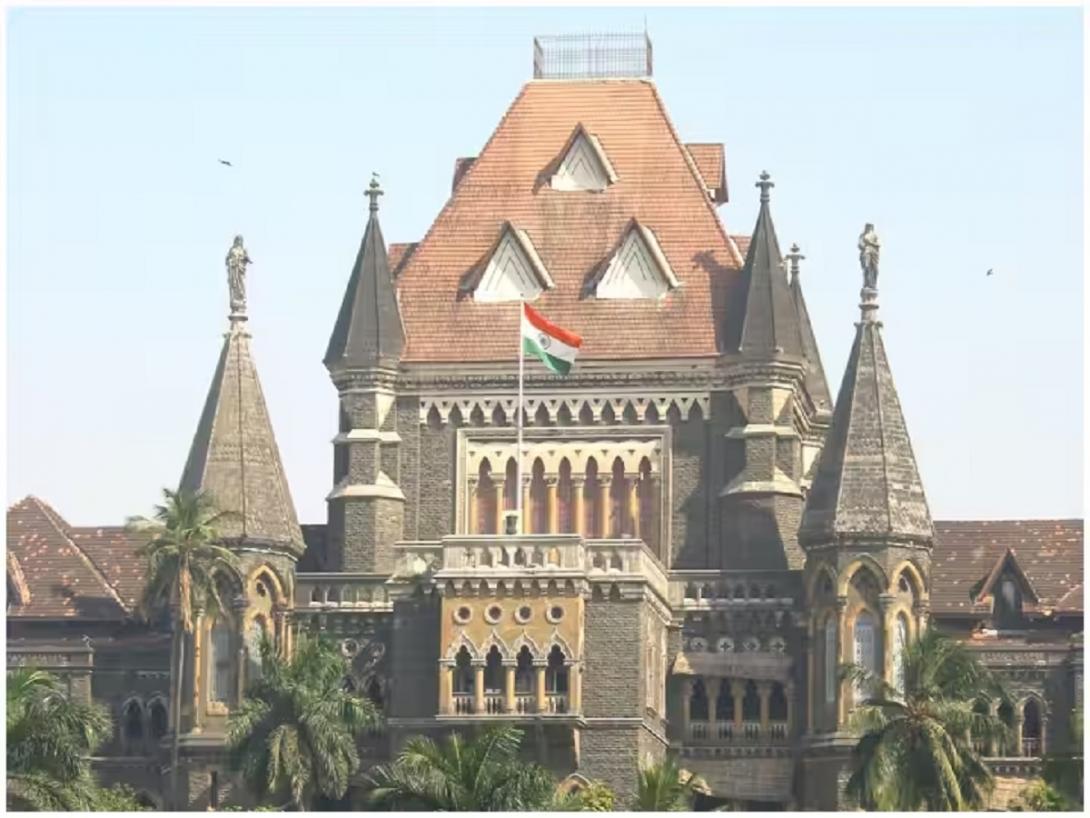









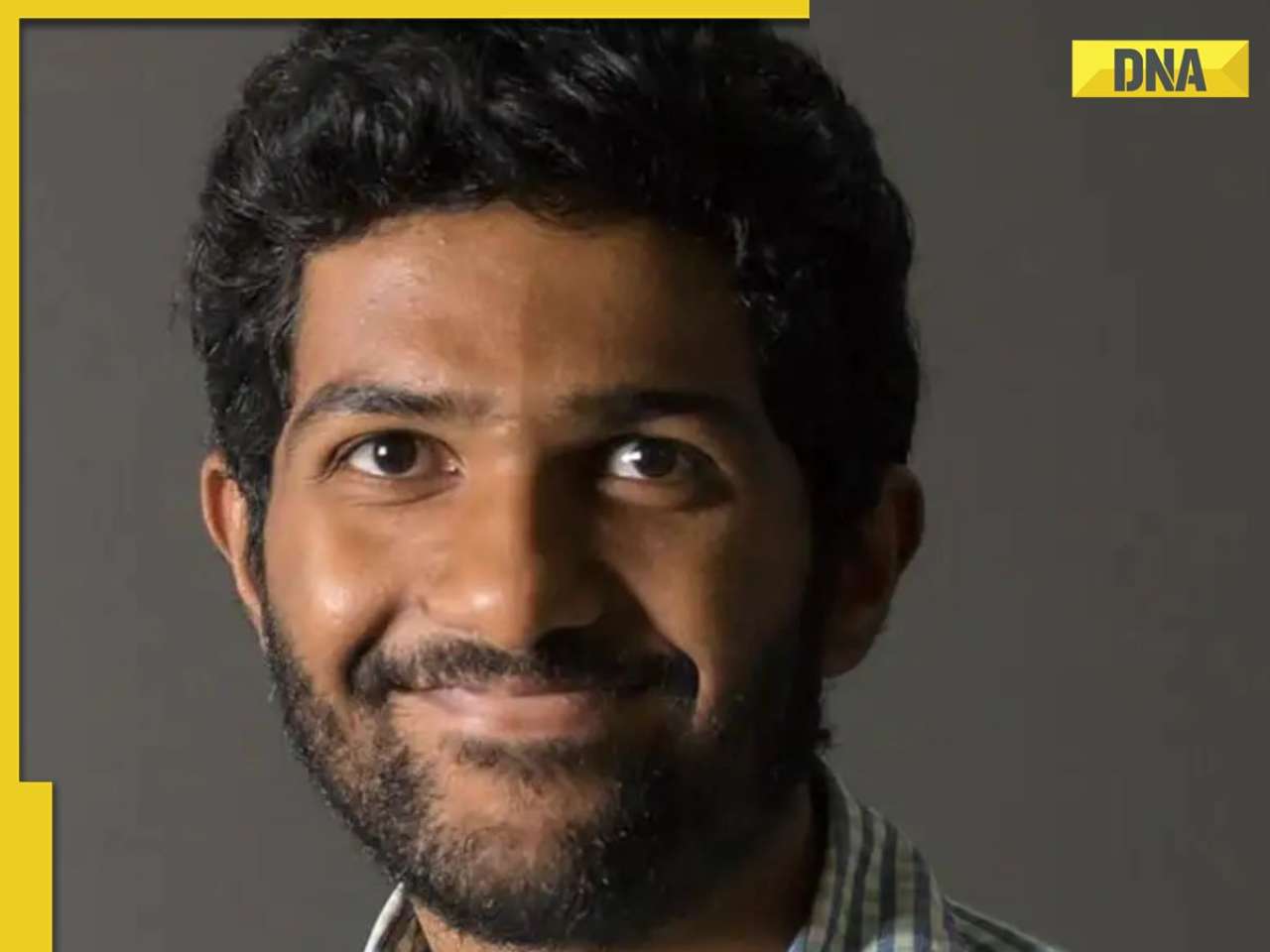
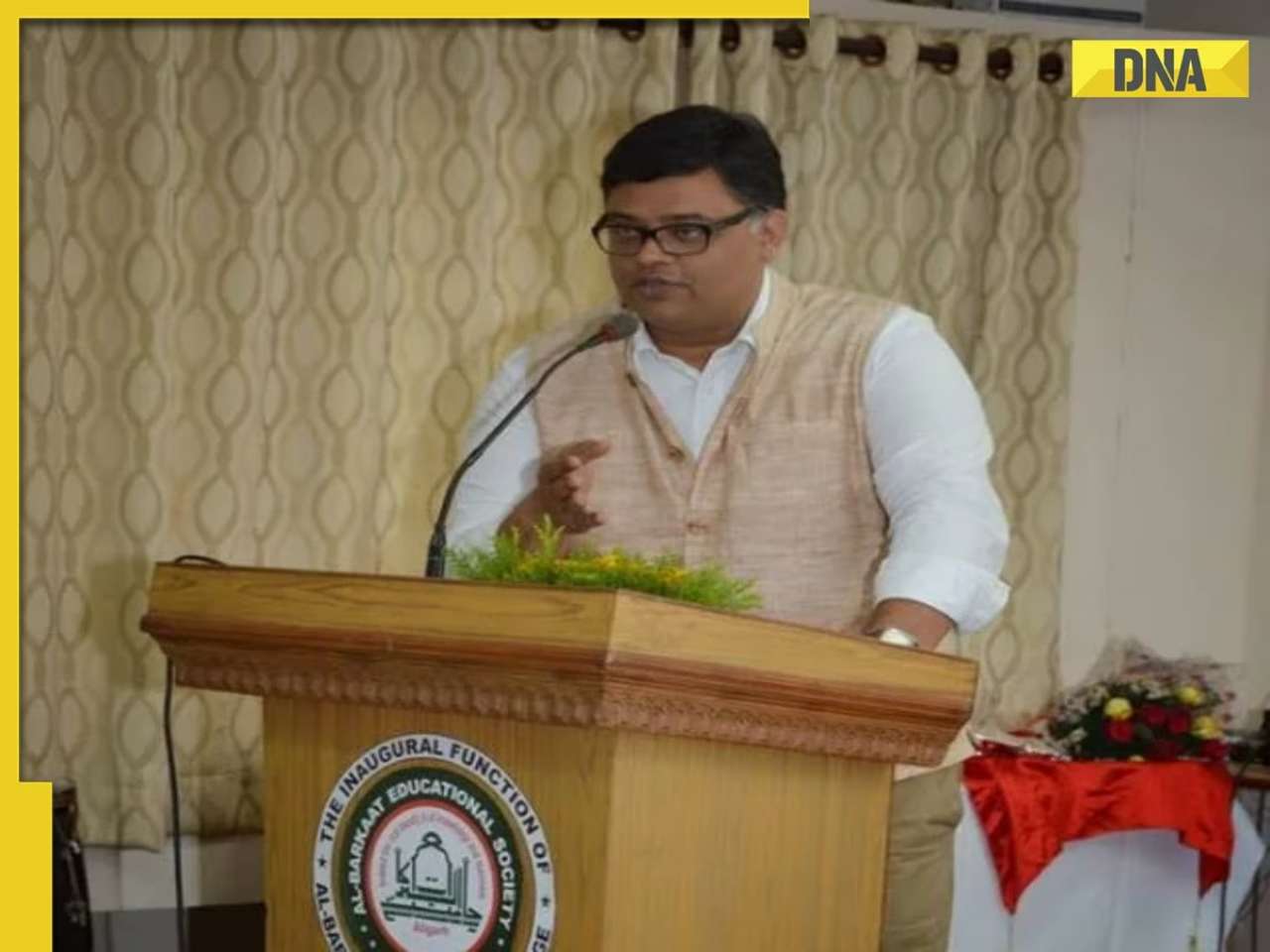



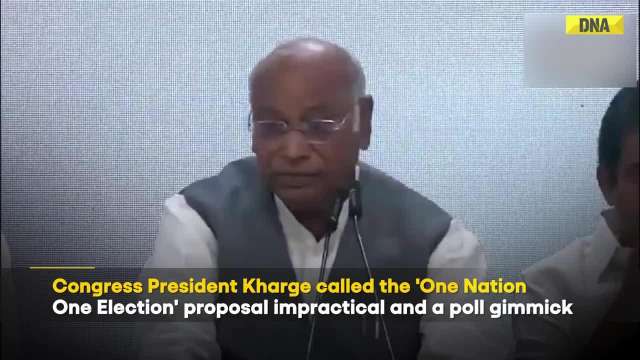
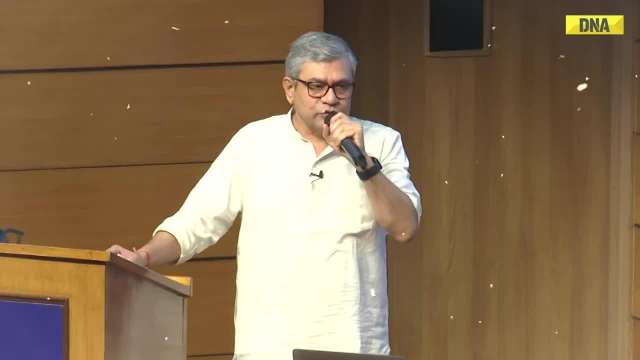
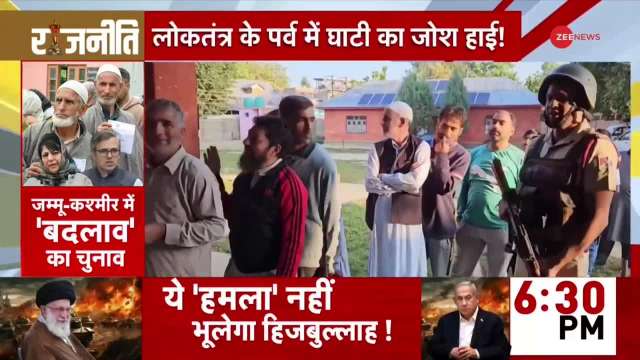
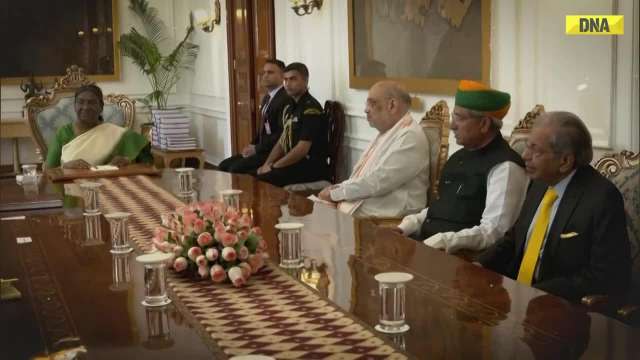

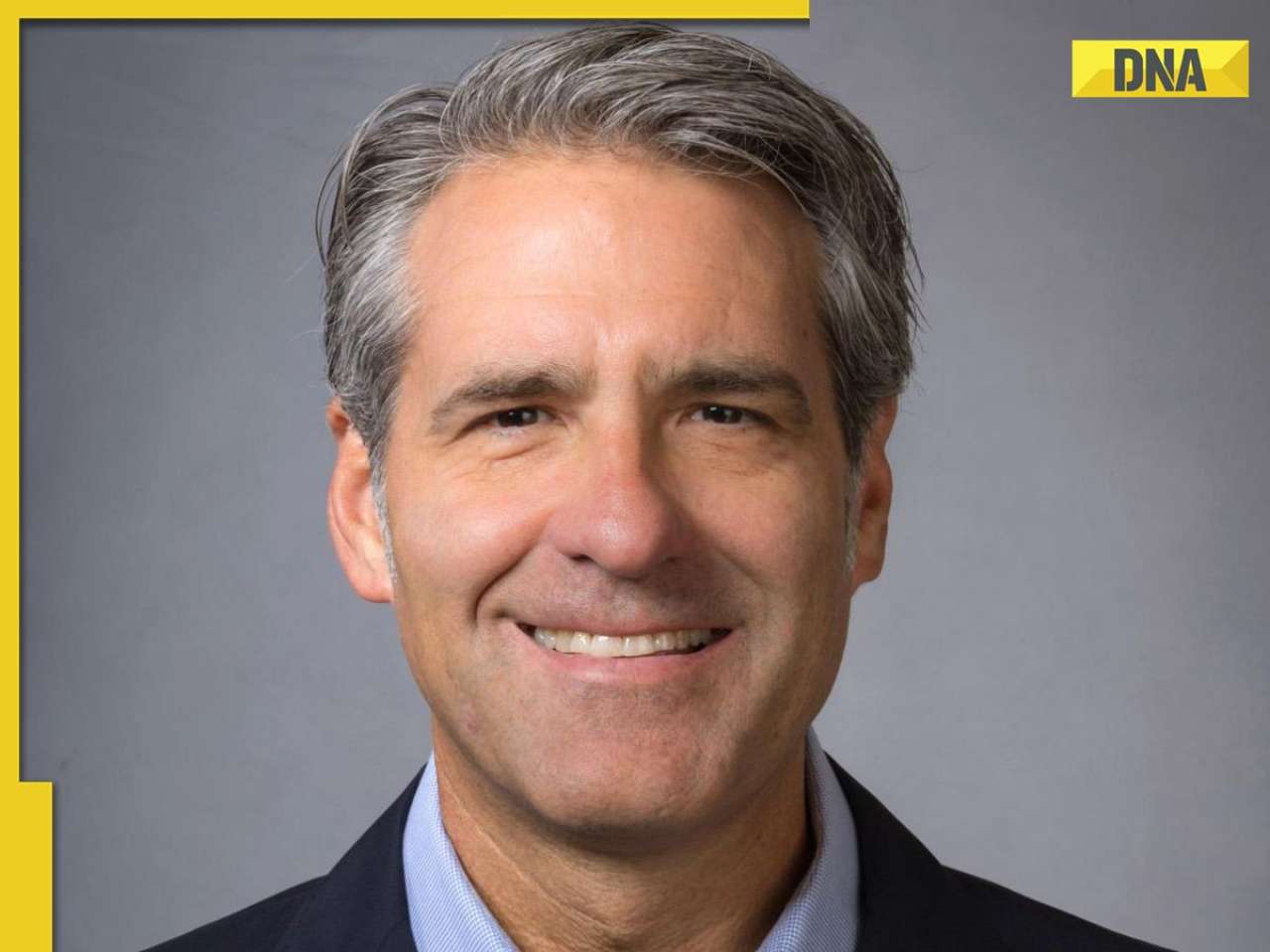
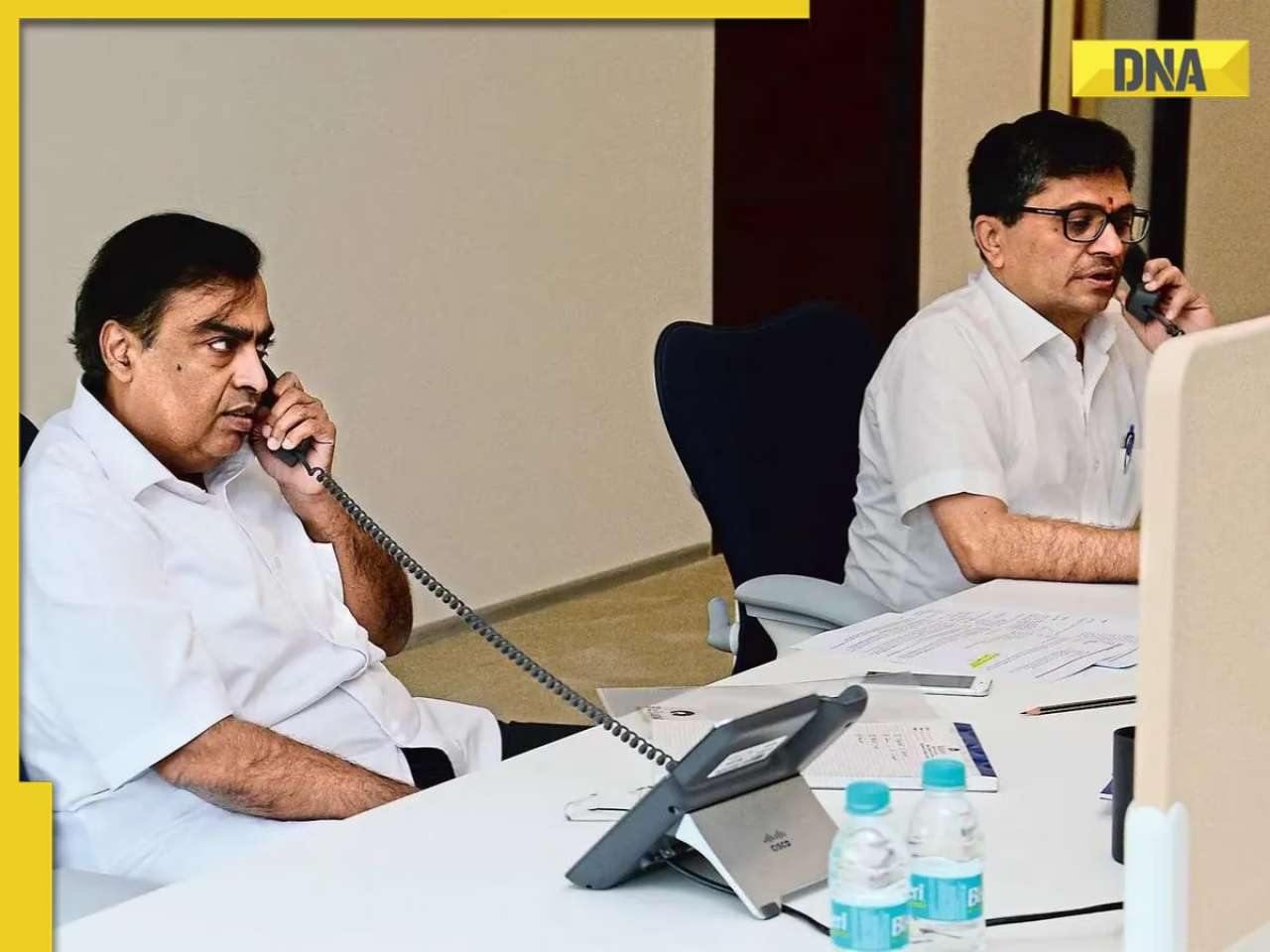







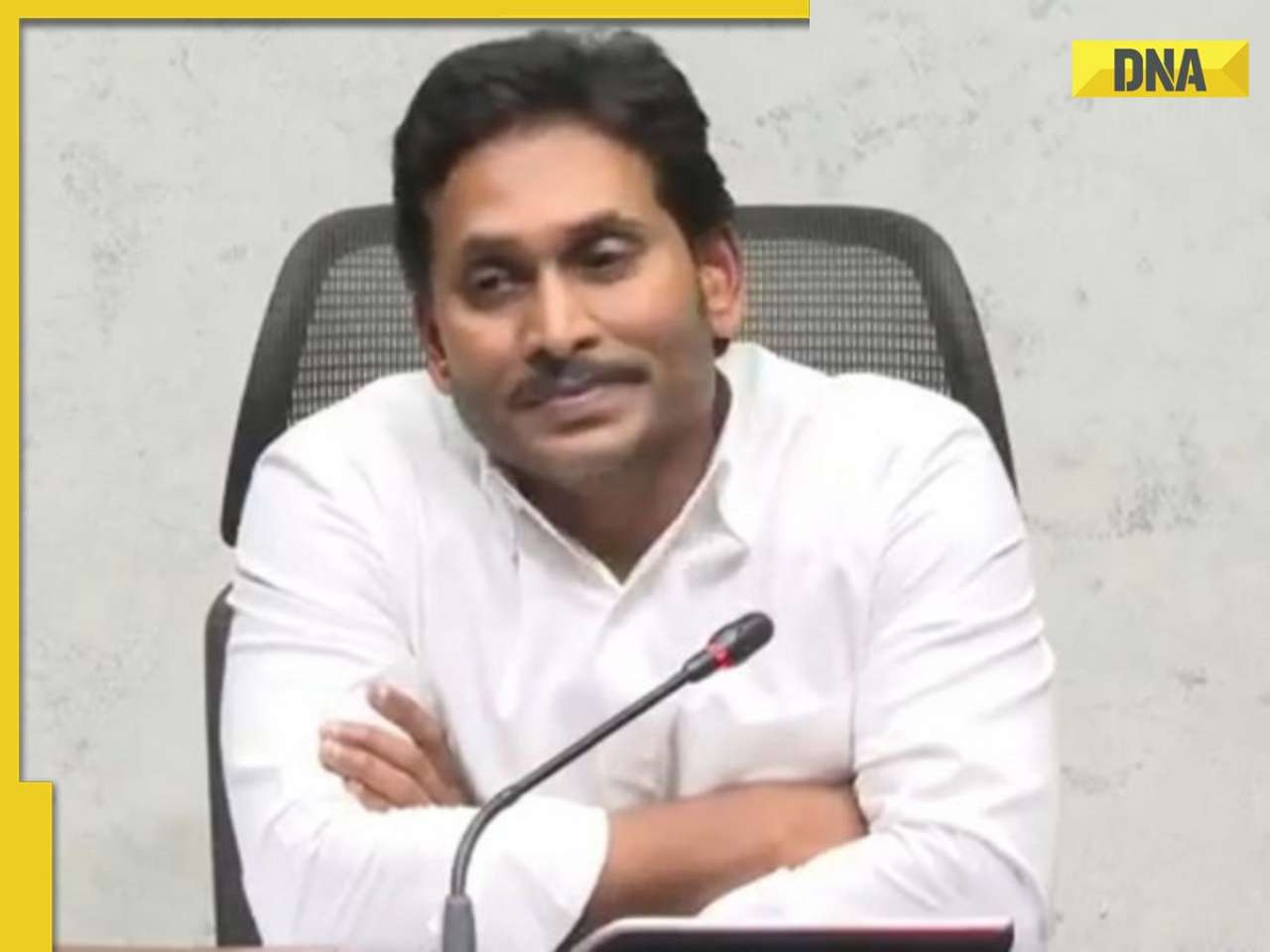
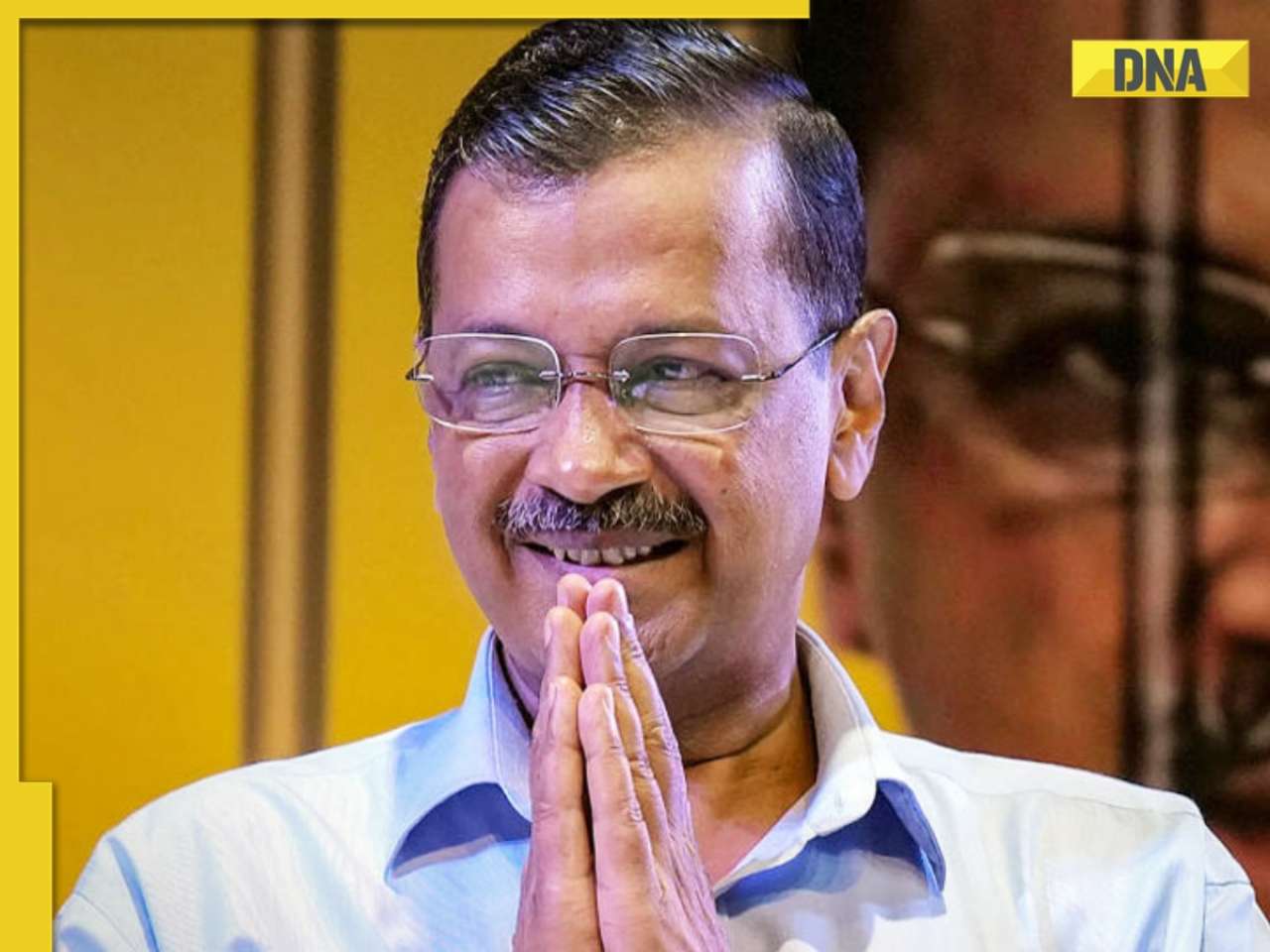




)
)
)
)
)
)
)
)
)
)
)
)
)
)





)
)
)
)
)
)